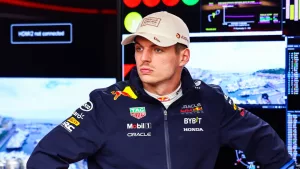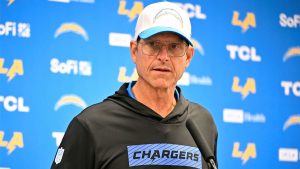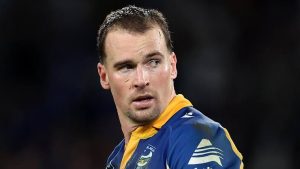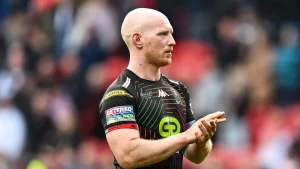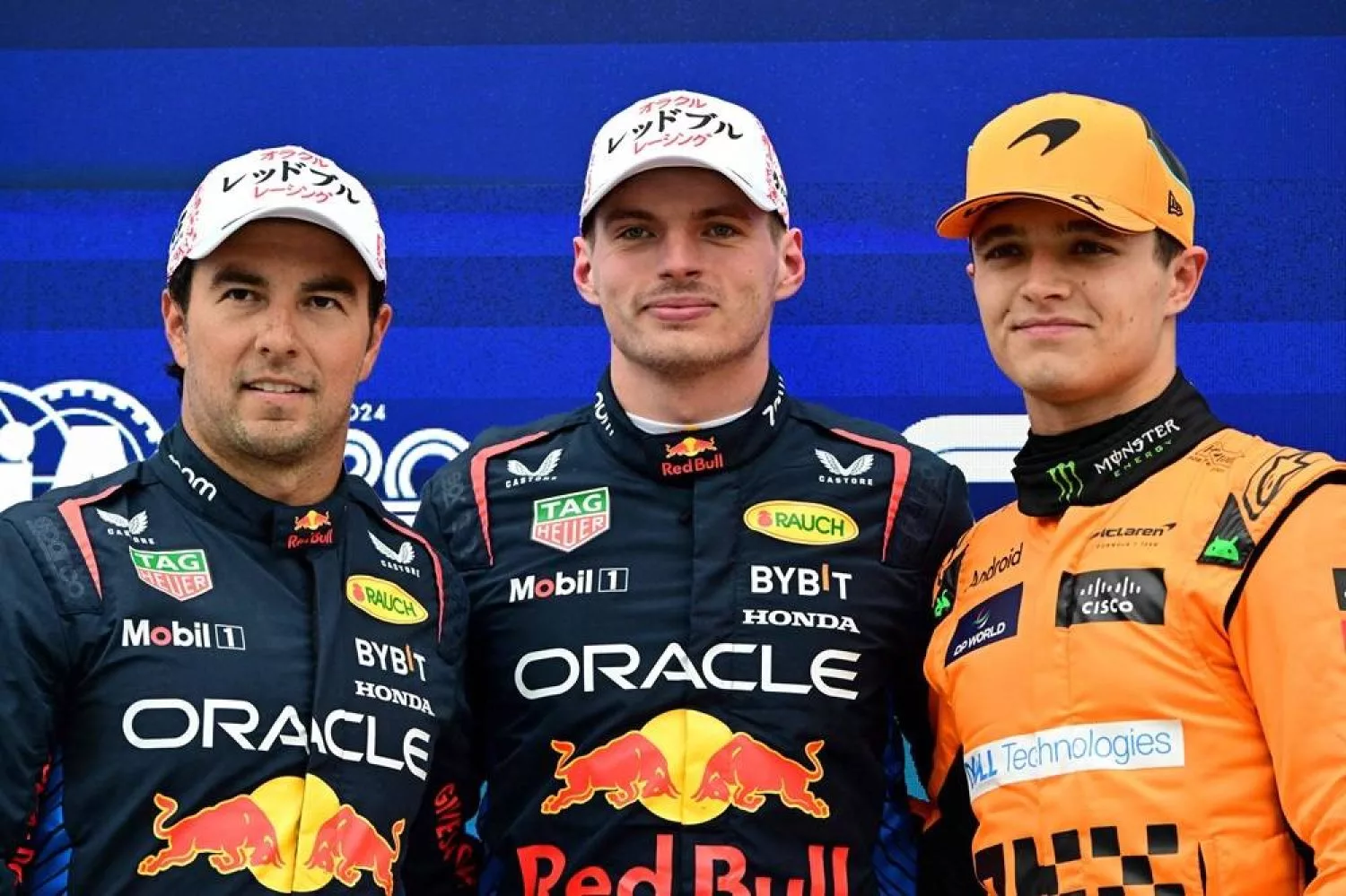
Max Verstappen promised to Sponsor children under age of ….
ax Verstappen is giggling like a third-grader while crashing a toy truck. The planet’s top Formula One driver, who’s won three straight world championships and crushed all comers during the 2023 season, is on the Austin campus of Oracle, the lead sponsor for his Red Bull racing team, in mid-October. As part of his responsibilities, Verstappen is pinballed from event to event, where he and his teammates must glad-hand Oracle employees and customers a few days before the United States Grand Prix, a regular stop on the F1 schedule that includes races in 20 countries. It’s the sort of stuff Verstappen, who’s happiest speeding more than 200 m.p.h. down a track, can grow tired of, fast.
The day’s organizers have baked in a little childlike fun for the drivers, setting up a track on a grass field so Verstappen and his mates can race remote-controlled trucks. What was supposed to be friendly competition, however, has quickly devolved into a race to see who can inflict the most damage. At one point, Verstappen pushes his vehicle straight into a tire blockade, sending the top cover spiraling into the air. He then keeps driving the damaged car, which skitters around like a headless chicken.
Even during this ridiculous exhibition, Verstappen is looking for an edge. He stands atop a van, so he can view more of the track below. “It just comes natural to me to start thinking about these little advantages,” he says the next day, during an interview in the Red Bull hospitality area at the Circuit of the Americas, the site of the F1 race. “I like to win.”
This season Verstappen, 26, has turned in one of the most dominating performances in Formula One history, already winning a record 17 Grand Prix races—breaking his own mark of 15 from a year ago—including 10 in a row, another F1 record. It’s a form he flashed nearly a decade ago, when Verstappen became the youngest ever driver to start, and win, an F1 race. But he struggled to turn in a consistent campaign while Lewis Hamilton, a seven-time world champ, was winning a quartet of consecutive titles. Now Verstappen has more than delivered on his early promise. “Max is a talent that comes once in a generation,” says American
He’s replaced Hamilton as face of Formula One during a transformational time for the sport. F1 has exploded in popularity in recent years: it brought in $2.57 billion in revenue last year, up 44% since 2017. Thanks in large part to the Netflix series Formula 1: Drive to Survive, which premiered in 2019 and gives viewers a look at the glitzy locations, rocket-speed racing, and interpersonal rivalries, growth is particularly strong in the U.S., where it long failed to gain a stronghold. The U.S. Grand Prix is filled with 20- and 30-something fans who got into F1 because of what racing insiders call “the Netflix effect.” Next, many of these gearheads will head to Las Vegas for F1’s grandest U.S. stand yet: the inaugural Las Vegas Grand Prix, on Nov. 18, in what promises to be a spectacular nighttime sprint down the Strip. The city is projecting 105,000 spectators for each of the event’s three nights, which include practices, qualifying, and the race itself. According to one analysis from earlier this year, the estimated economic impact—$1.3 billion—will double that of the Super Bowl Las Vegas is hosting in early 2024.
But is Verstappen the ideal ambassador for this new heady era? Unlike Hamilton, a regular at fashion weeks with a host of A-list pals—he’s producing an F1 movie starring Brad Pitt—Verstappen has little appetite for the sports-celebrity machine. “I have no desire to be able to hang out with famous movie stars,” he says. He’s the most polarizing driver in the sport, with a focus on winning that can come across as cold. And while Verstappen’s loyal fans show up decked out in orange wherever he goes, over the past two seasons he’s won with such relative ease, it’s drained some drama from the races. In Austin, his supporters couldn’t drown out the boos that greeted him on the podium. F1’s fate may hinge on whether those jeers morph into an appreciation for his singular skills. “As great as Verstappen is,” says Barton Crockett, senior research analyst for Rosenblatt Securities who covers Liberty Media, F1’s U.S.-based parent company, “right now he looks like the biggest risk to the business.”

